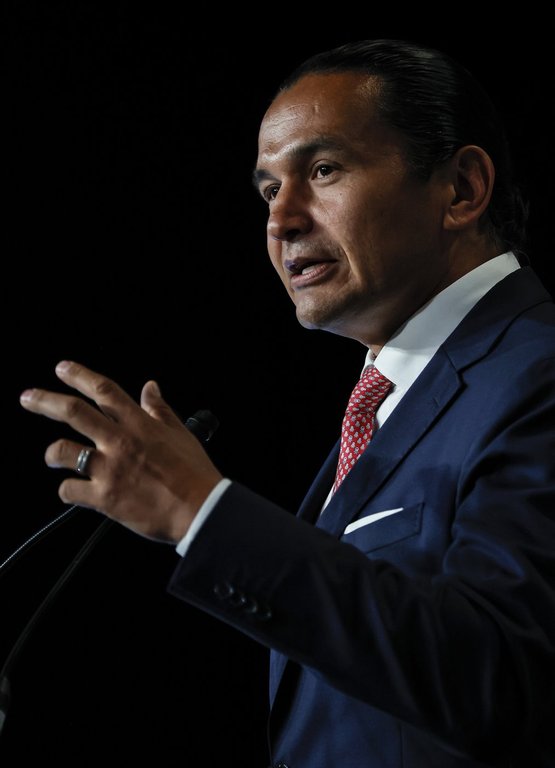Manitoba to allow intoxicated people to be detained for longer periods, premier says
Advertisement
Read this article for free:
or
Already have an account? Log in here »
We need your support!
Local journalism needs your support!
As we navigate through unprecedented times, our journalists are working harder than ever to bring you the latest local updates to keep you safe and informed.
Now, more than ever, we need your support.
Starting at $15.99 plus taxes every four weeks you can access your Brandon Sun online and full access to all content as it appears on our website.
Subscribe Nowor call circulation directly at (204) 727-0527.
Your pledge helps to ensure we provide the news that matters most to your community!
To continue reading, please subscribe:
Add Brandon Sun access to your Free Press subscription for only an additional
$1 for the first 4 weeks*
*Your next subscription payment will increase by $1.00 and you will be charged $20.00 plus GST for four weeks. After four weeks, your payment will increase to $24.00 plus GST every four weeks.
Read unlimited articles for free today:
or
Already have an account? Log in here »
WINNIPEG – The Manitoba government is planning to extend the amount of time highly intoxicated people can be detained as part of its response to growing methamphetamine use and concerns about public safety.
“Right now, anyone who drives down a city street can see the impact that meth is having on our communities,” Premier Wab Kinew told reporters Thursday.
“And police and partners that we work with … are limited with how long they can hold somebody under the current Intoxicated Persons Detention Act.”

The NDP government plans to bring in a bill that, if passed, would extend the current 24-hour maximum. Kinew would not discuss details before the bill is introduced in the legislature but mentioned “a few days” as a possibility.
Longer detentions are also needed to help with the longer-lasting effects of meth compared to alcohol and other drugs, Kinew said.
“This law that we’re looking at is about responding to the meth crisis. It’s based on what we’ve been hearing from police and from doctors and from experts. But most importantly, it’s based on what we’ve been hearing from (the public), who are fed up with seeing people having a fist fight with themselves on Main Street.”
Police in Winnipeg have pointed to meth as a factor in the rise in certain types of crime, including aggression against officers. A spokesperson for the Winnipeg Police Service said Thursday the force was encouraged by the proposed changes.
Winnipeg Mayor Scott Gillingham also welcomed the plan.
“It’s a smart move to help address the addictions crisis on our streets and to give people a better chance to connect with the help they need,” Gillingham said in a written statement.
Main Street Project, a non-profit that operates a detention facility, said if people are to be held longer, they must be offered supports.
“That means providing enhanced medical oversight, opportunities for mental health assessment, and active connections to withdrawal management and long-term supports, not simply extending detention,” executive director Jamil Mahmood said.
Kinew said the province has focused on helping people overcome addiction and its effects. He pointed to a $1.5-million funding announcement this year for a women’s treatment centre, and efforts to set up Manitoba’s first supervised consumption site, which is still looking for a suitable location.
Kinew said he is “not necessarily” looking at mandatory drug treatment, but will ensure services are available.
“The person who’s high on meth, we’re going to put them in a secure facility instead of the (hospital) emergency room, but while they’re there, there’s going to be different modes of treatment made available to them.”
The legislature is set to return from summer break next Wednesday, and Kinew hopes the bill can be passed before the next break in November.
This report by The Canadian Press was first published Sept. 25, 2025
